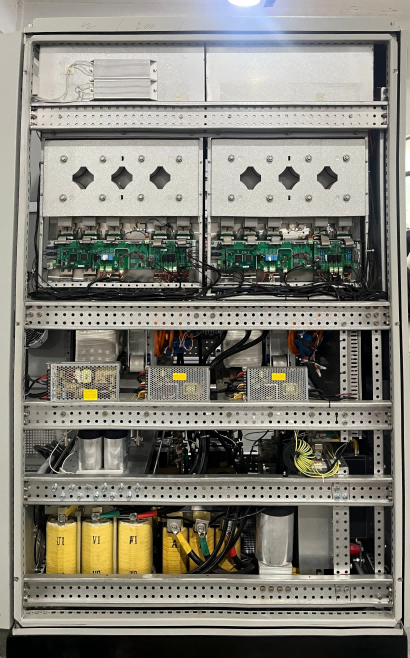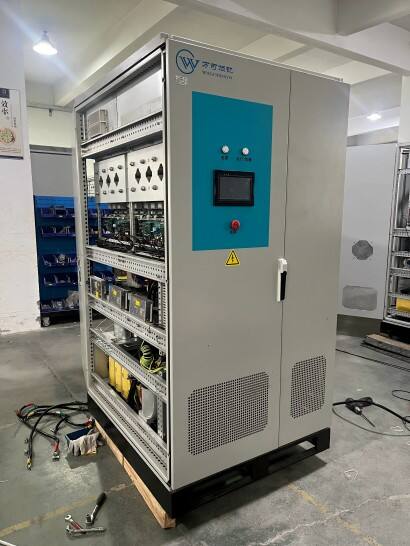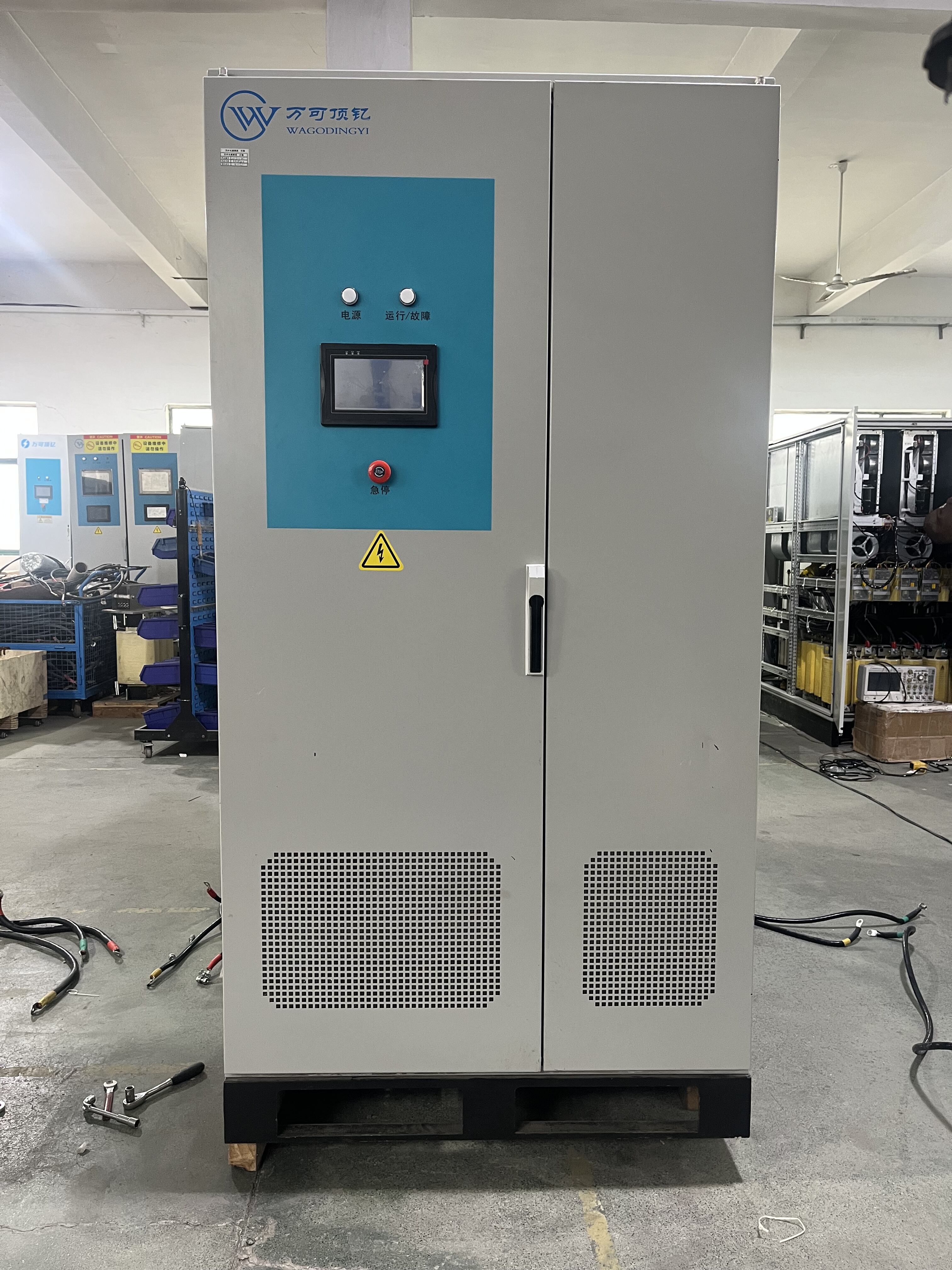highfrequency ac
High frequency AC (Alternating Current) represents a sophisticated form of electrical current that oscillates at frequencies significantly higher than standard power line frequencies of 50 or 60 Hz, typically operating in the range of several kilohertz to megahertz. This advanced electrical technology plays a crucial role in numerous industrial and commercial applications. The system works by rapidly switching the direction of current flow, creating electromagnetic fields that can be harnessed for various purposes. High frequency AC is particularly valuable in power electronics, wireless charging systems, and industrial heating applications. The technology employs specialized circuits and components designed to handle these elevated frequencies, including advanced semiconductors and precise control systems. One of its most significant advantages is its ability to transfer power more efficiently across air gaps and through various materials. In industrial settings, high frequency AC is extensively used in induction heating processes, where it generates precise and controlled heat for metal processing, welding, and heat treatment applications. The technology also finds applications in modern wireless charging systems, where it enables efficient power transfer without direct electrical contact. Additionally, high frequency AC is fundamental in radio frequency (RF) applications, telecommunications equipment, and various electronic devices that require rapid switching and precise power control.




